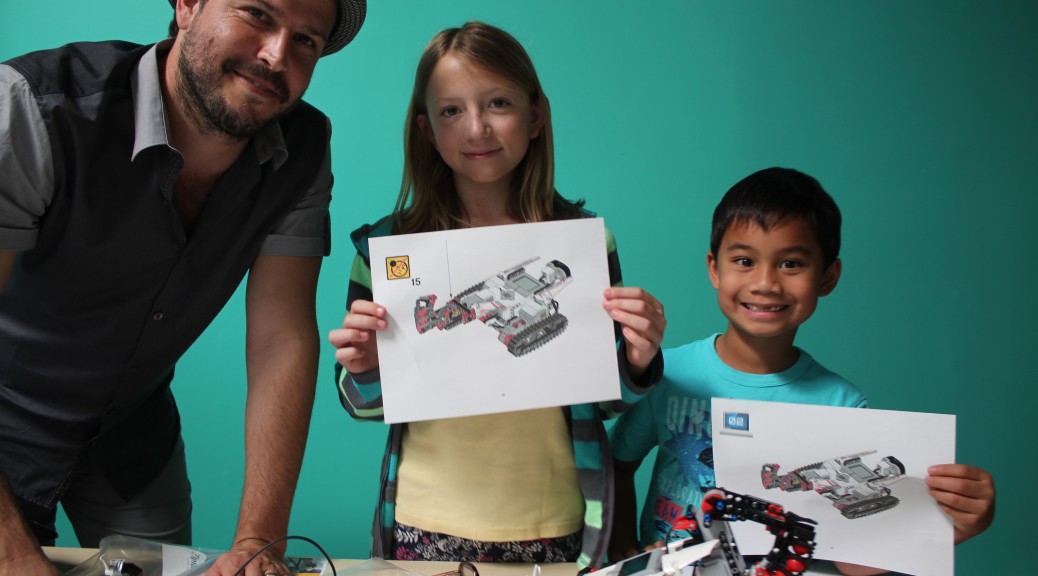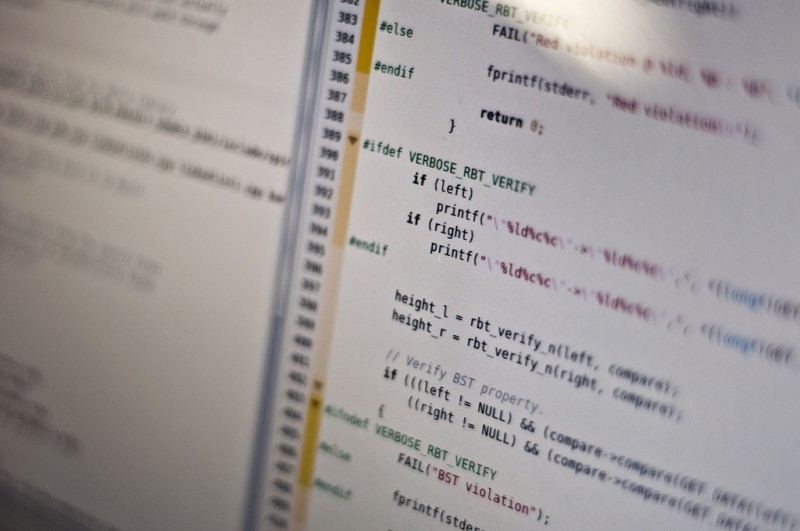At CodeREV, we believe it’s important to teach kids how to solve problems. While sometimes it’s important to give them the right answer, most of the time they’re going to learn a lot more if they discover how to actually solve the problem on their own. There are a lot of ways to give them these valuable skills, as evidenced in a recent article in Teacher Magazine titled Developing problem-solving skills.
Jo Earp writes, “When Teacher shares examples of how evidence is being used to inform future action it’s usually educators who are doing the analysis and reflection, but in this case it’s students who’ve been digging into school data while developing their problem-solving skills. The Year 5 and 6 students at Sydney’s Curran Public School have been taking part in the Future Problem Solving Program. ‘Originally, when we started, it was just an idea of trying to build some social conscience and some commitment to the community within my kids,’ Principal Michael Strahan explains. They ended up representing Australia at the international finals in the US, placing third.
Under the guidance of ‘team coach’ Kylie Ring, the youngsters competed in the community problem-solving category and narrowed down their focus to education. Their project was called Kids Helping Kids and aimed to support early years transition. Strahan takes up the story again: ‘It was all about giving kids who are going to come to the school the fundamentals and the foundations to succeed and put them on a pathway to success. The [team of students] sat down with teachers and analysed the entry data that kids were coming into school with. … They did some research and [thought about] the best possible way of making an impact, then developed a plan and put that plan into action.’
Part of the plan was to create care packages that were distributed to pre-Kindergarten students and their families that contained resources to support early learning. The first care package included resources like pencils, pens and tracing cards. Strahan says the new starters and their parents loved the fact they were getting a box from Curran Public School to help them prepare, but adds the real strength of the project for the 12 members of the competition team was what happened next.
‘They then did a comparison analysis against what the kids came into school with this year after distributing the first package, celebrated some successes in the kids’ improvement but also found where there were areas of need and then plugged those up, so it was really evidence-based.’”
This is truly an innovative way to get kids excited about problem solving. At CodeREV we have a series of classes and camps that are designed specifically to show kids that they already have the skills they need, they just need to learn to hone them.




